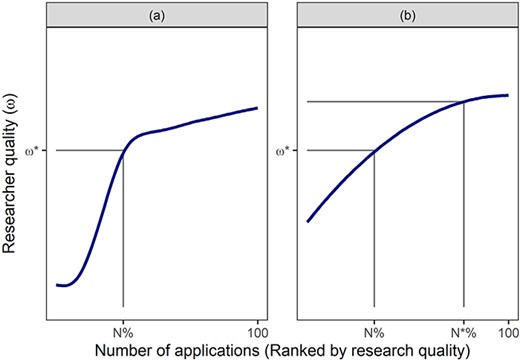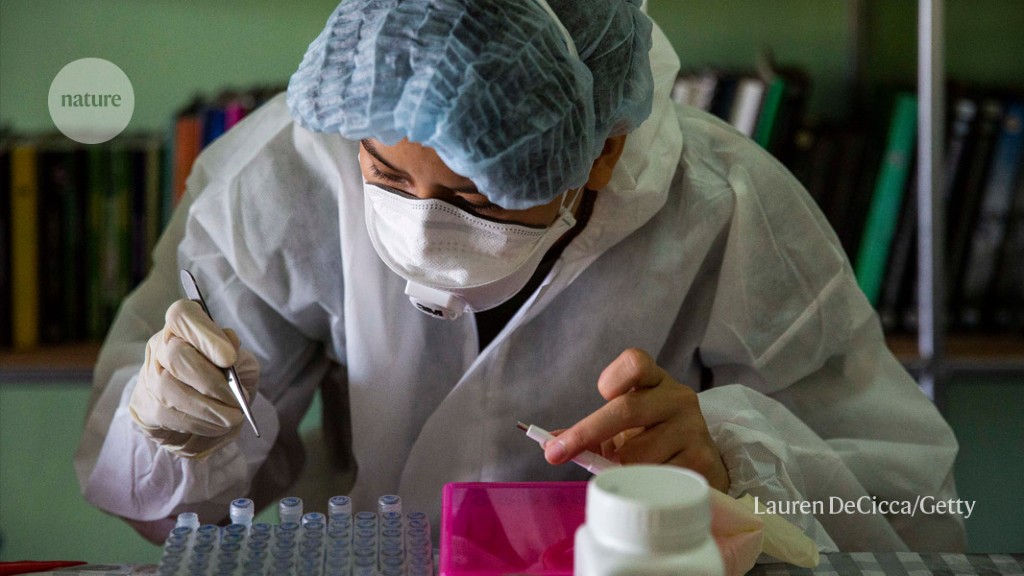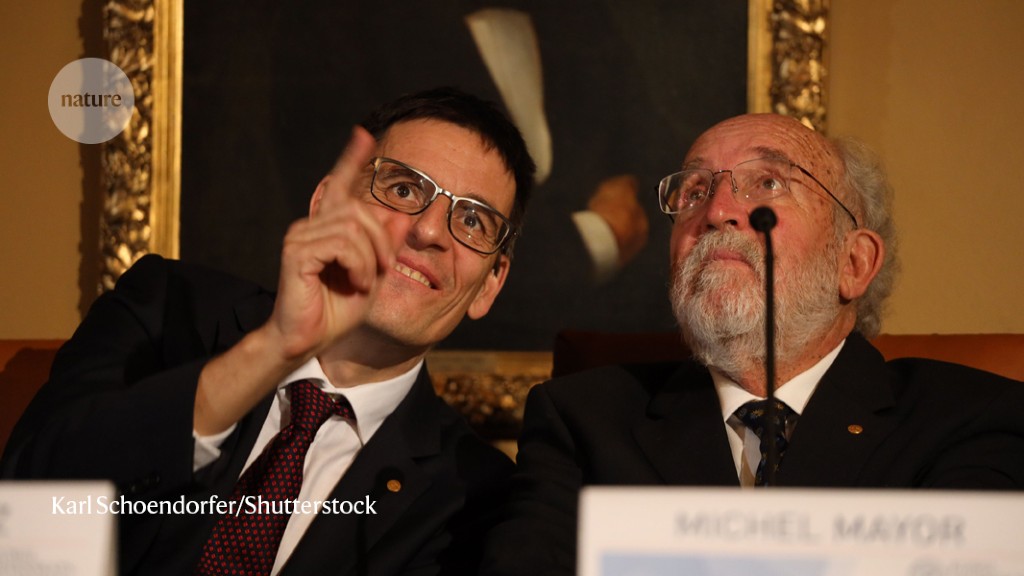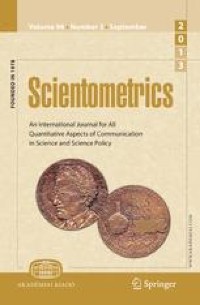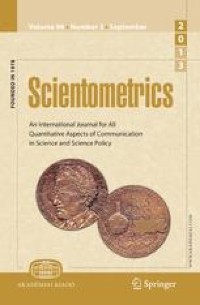The Impact of Winning Funding on Researcher Productivity, Results from a Randomized Trial
The Impact of Winning Funding on Researcher Productivity, Results from a Randomized Trial
In this small randomized trial, research funding did not have a clear impact on researcher productivity. However, the expanded use of modified lotteries in the allocation of grant funding has the potential to revolutionize the measurement of research productivity.
